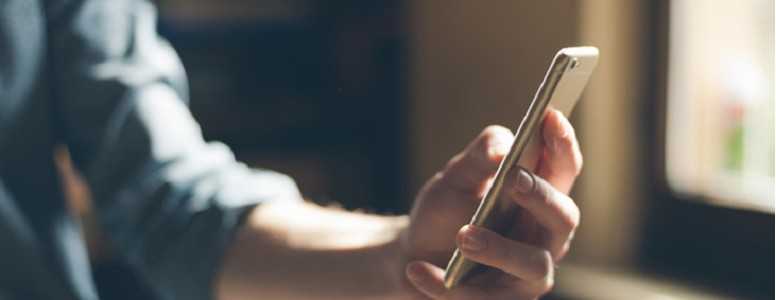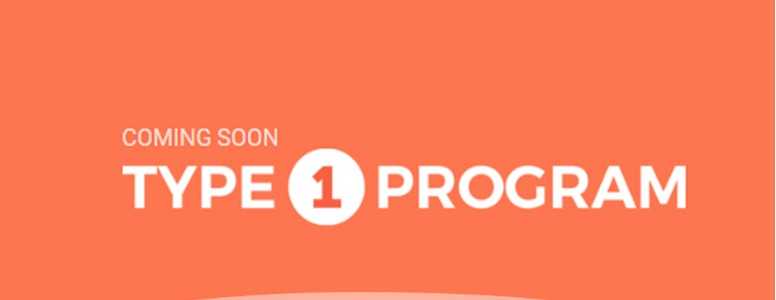A New Zealand support programme that sends text messages to people with type 1 and type 2 diabetes helps to reduce HbA1c levels, a trial reports.
The University of Auckland study aimed to assess whether a text message-based, self-management programme would help people with diabetes to manage their condition.
The text messages were tailored to each of the 366 adults taking part in the study, covering education as well as prompts about healthy eating and reminders to exercise, monitor blood glucose levels and manage stress.
The participants were spilt into two groups to assess whether the text messages worked over nine months; 65% had type 2 diabetes and 35% had type 1 diabetes. The other group received standard care.
The electronic messages were cited as helping the participants get their HbA1c down by an average of 8.8 mmol/mol, compared to a reduction of 4.0 mmol/mol in the standard care group.
Of those who received text messages, 97% said they would recommend the programme.
Researcher Dr Rosie Dobson said: “Supporting people to effectively manage their diabetes is essential to reduce the risk of complications of the condition and maximise their quality of life. The flexibility of mobile phones and their adoption into everyday life mean they are an ideal tool in supporting people with diabetes whose condition requires constant management.
“Text messaging has the potential to make personalised support accessible to people when it is most needed within their daily lives. By utilising simple and widespread technology we can make this type of diabetes support accessible to nearly all people with diabetes with minimal barriers.”
Fellow scientist on the study Dr Robyn Whittaker, added: “Diabetes complications can be prevented or delayed with good blood glucose control, which is not only advantageous for a person’s quality of life but will substantially decrease healthcare costs associated with treating or managing the complications.”
The results have been published in the BMJ.
Editor’s note: Our Low Carb Program is also proving how powerful digital health can be. In just under two years, it has demonstrated cost saving of £835 per person, per year, for each person that completes the program through needing less diabetes medication. So far more than 270,000 have signed up and taken part, and results show that people who complete the program reduce their HbA1c by 1.2% (13 mmol/mol), lose 7% of their body weight on average, and one in four people put their type 2 diabetes into remission.
What's new on the forum? ⭐️
Get our free newsletters
Stay up to date with the latest news, research and breakthroughs.









